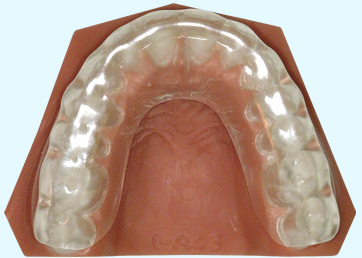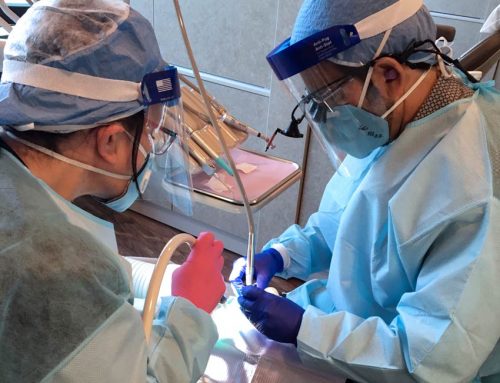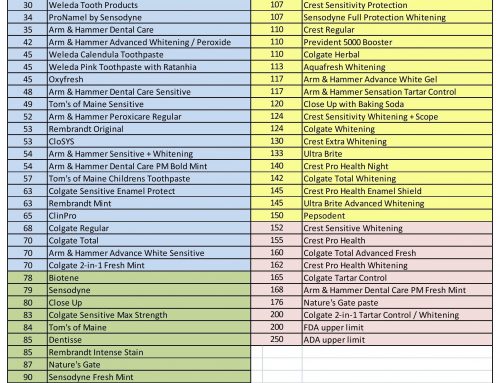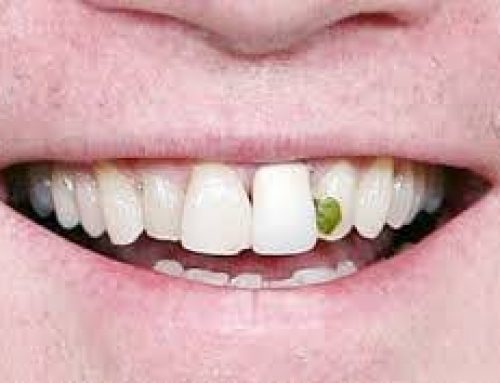By Jaime O’Neill DDS
That pain you might feeling in your jaw could have something to do with your temporomandibular joints. Yes, that’s a handful to pronounce so they are widely known as TMJ. So, if you’re having a problem there, it’s called TMJ disorder.
Additional TMJ disorder symptoms include:
-Aching pain in and around your ear
-Discomfort or difficulty while chewing
-Aching facial pain
-Locking of the joint, making it difficult to open and close your mouth
TMJ disorders can also cause a clicking or grating sound when you open your mouth or chew. This is very common. However, if there’s no pain or movement restriction related to the clicking, then you probably do not need to be treated for TMJ disorder.
The cause of TMJ disorder varies and can include:
-arthritis
-stress-related teeth grinding
-jaw dislocation related to injury
-improper tooth and jaw alignment
Before a treatment can be prescribed, an accurate diagnosis needs to be made. Your dentist can help. During a thorough examination, your mouth joints and muscles will be checked for pain, clicking, popping and movement ability. X-rays might be necessary.
Once a diagnosis has been made, treatment will be prescribed. That could include exercises to strengthen your jaw muscles, medication to ease pain and discomfort, and a mouth guard or bite plate to help decrease clenching and grinding to protect your teeth. Depending on the diagnosis, it’s possible an orthodontist or other medical professional will need to be consulted.
The most important thing to remember is that the decision not to do anything should not be an option as your condition likely will worsen. So take the first step and make an appointment with your dentist. Solve your TMJ disorder problem and rid yourself of pain and discomfort. The solution might not be as complicated as you think.






